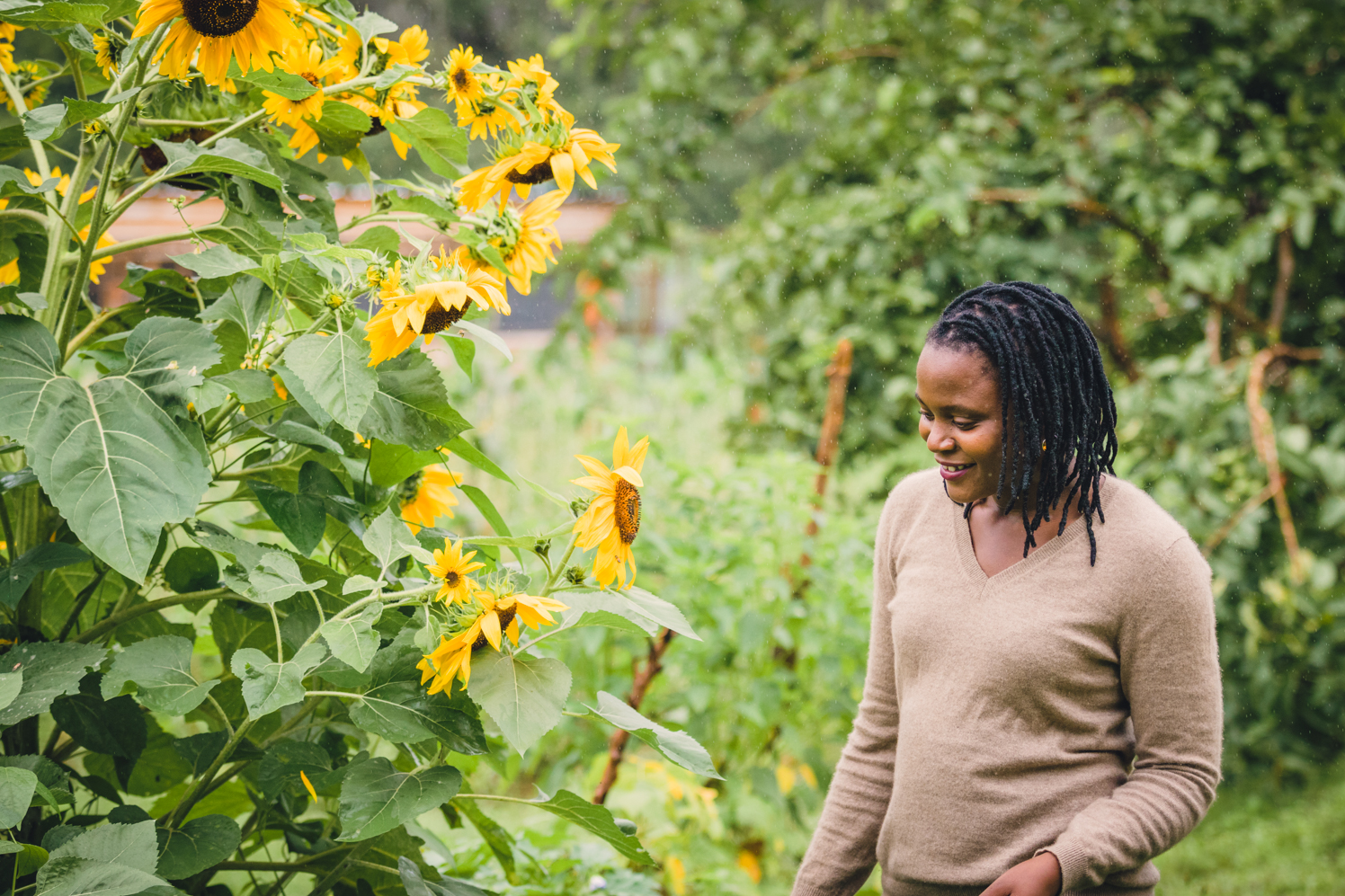On a small but busy homestead set amongst the Msasa woodlands and rich, red soils of the peaceful farming community of Christon Bank, half an hour’s drive from Zimbabwe’s capital Harare, the power and potential of mushrooms is being harvested by an extraordinary woman.
Chido Govera, farmer, activist, author, entrepreneur, adoptive mother to seven orphans, and lover of dawn dance sessions, is changing lives with her dedicated commitment to uplifting communities through self-sufficiency. And specifically by converting waste into mushrooms.
Through The Future of Hope Foundation (TFoHF), an organization she created to empower women and girls from communities around the country, Chido teaches people how to use waste products that they have in abundance (in Zimbabwe, commonly corn stalks and corn cobs) to grow mushrooms. “Waste is what all poor people in communities have, and still they suffer. How do we shift the way we look at abundance?” she questions. “Is it just about a finite product that we have sitting there? Or raw materials that we can use and convert into something?”
This story of farmer and activist Chido Govera belongs to our portrait series with Werde. Highlighting the stories of women whose creative work deals with natural themes, Chido and her cultivation of mushrooms is an inspiring case in point. Over on Werde, you can find one of her recipes.

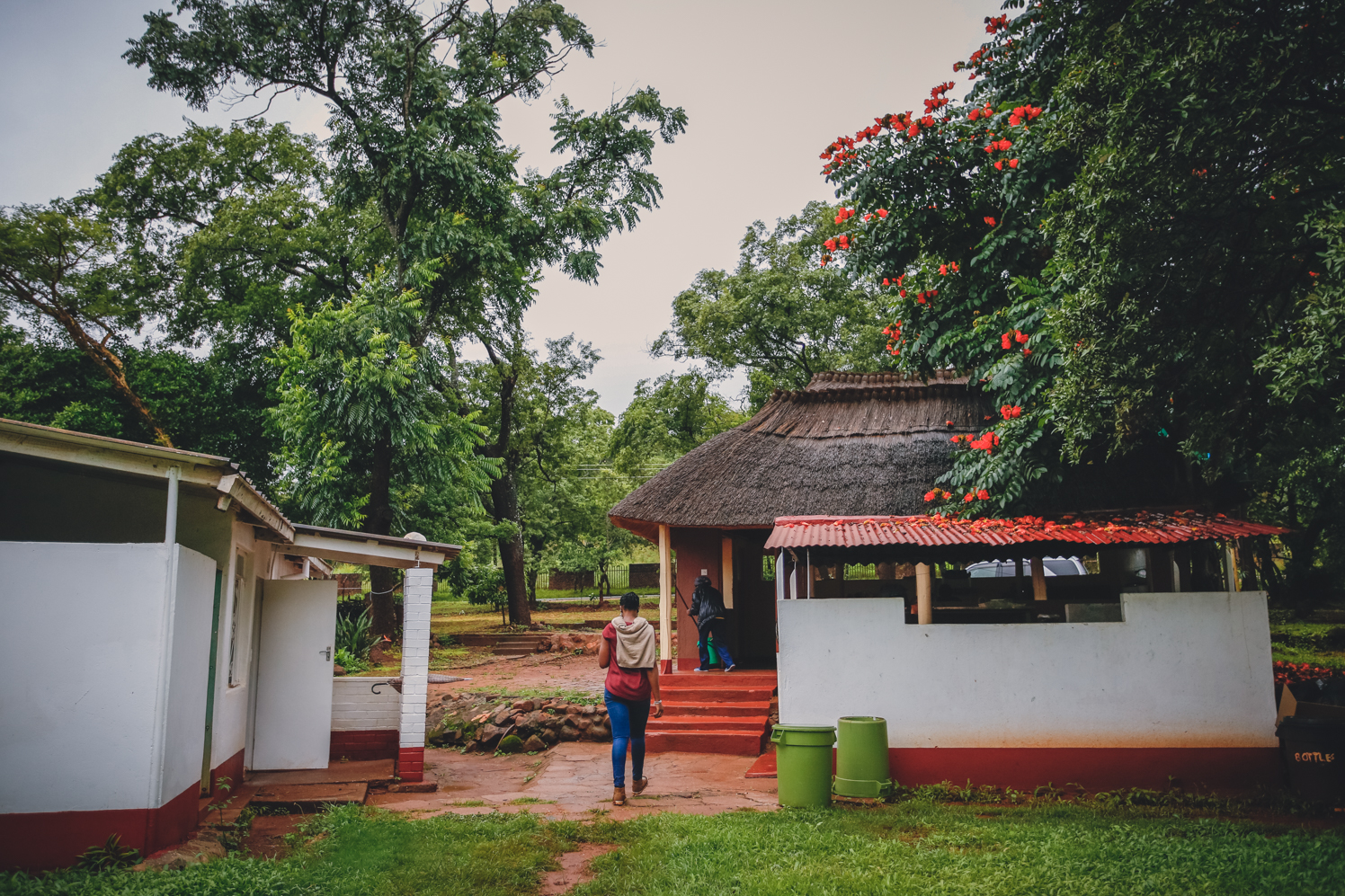
“Waste is what all poor people in communities have, and still they suffer. How do we shift the way we look at abundance?”
Chido believes that helping communities to help themselves is key—knowledge that comes from personal experience. “The big idea around TFoH is to create a platform where women and girls can thrive and be able to help themselves. Where they can gain the support of the community, which they need to advance their effort to help themselves.” Providing young women and girls with opportunities is particularly important to her. Orphaned herself at seven, she was left as sole breadwinner for her five-year-old brother and aged grandmother when her mother died of AIDS.
The young Chido knew with clarity well beyond her years that somehow, when she could, she wanted to help others. Abused by extended family and constantly fearing starvation, at age eight she prayed that one day she would be able to help children like her escape similar situations. Though it nearly broke her heart, at nine years old she left school, needing to work full-time to feed her small family. By age ten she narrowly avoided marrying a man thirty years her senior, declining because it would remove her from her brother and grandmother. Then at age eleven, an introduction to oyster mushroom production at Mutare’s Africa University through the Zero Emissions Research and Initiatives (ZERI) Foundation changed her life forever.
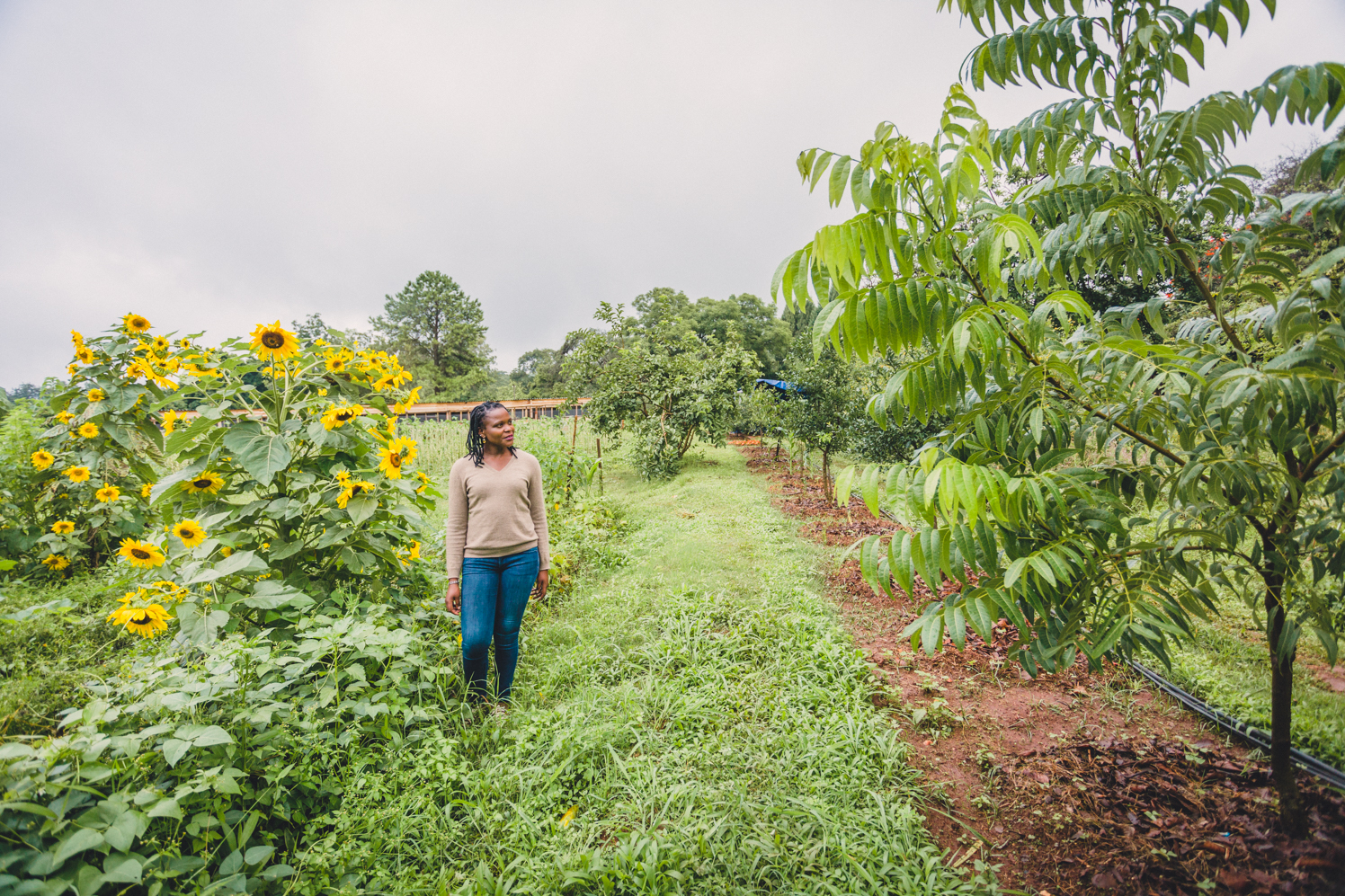
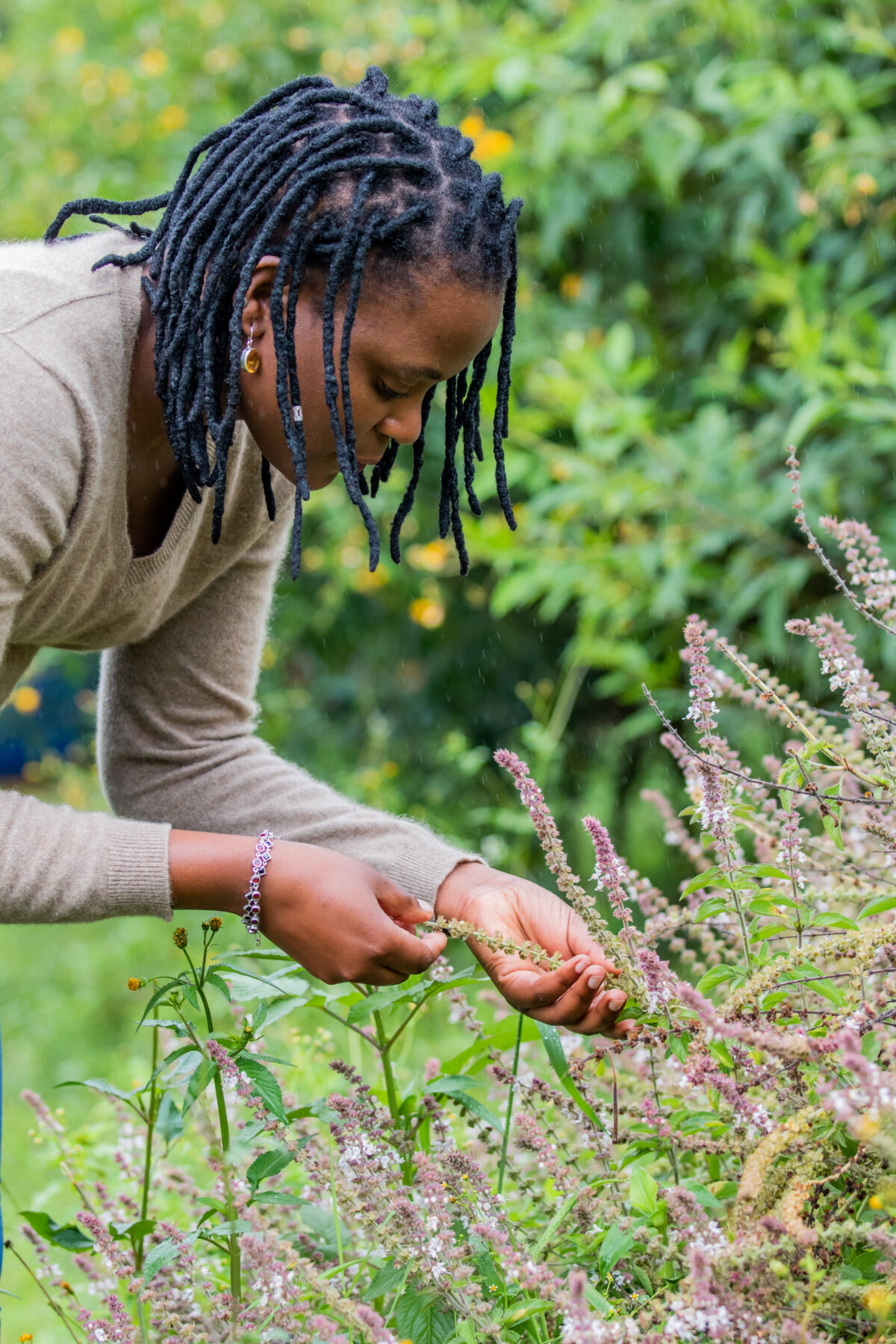

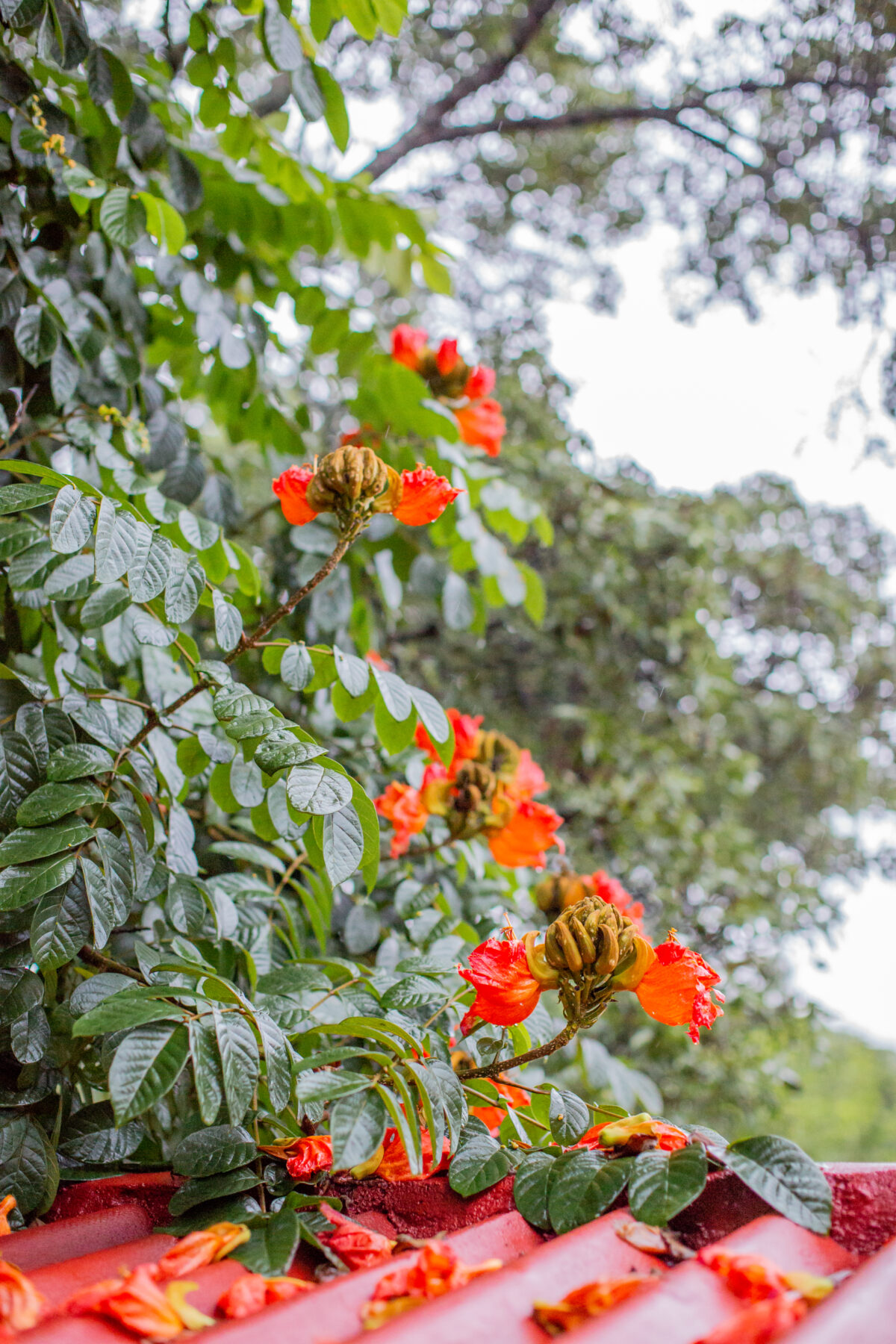

“I had this skill to share with so many people and save them going through what I went through, and here I was just going to school.”
The concept of growing food indoors was new to her. “It looked like magic,” she says. But she grabbed the opportunity, excited at being able to feed her family at last. She used the profits from selling excess to send her brother and even other orphans in the community to school and then honed her mushroom farming knowledge in her spare time back at Africa University. She taught herself English with help from the dictionary and, at sixteen, after just five years of primary schooling, she was accepted into high school and obtained her Ordinary Levels (Zimbabwean high-school qualification).
The young philanthropist left school soon after. Now that she knew how she could help others, she was restless to begin. “I felt like I was wasting my time. I had this skill to share with so many people and save them going through what I went through, and here I was just going to school. And not because I wanted to choose a new career—I knew what I wanted to do and I had the skill and tools and I wanted to go out there and do it.” Professors failed to persuade her to finish her last two years of school so she could continue learning with them at university. Her adoptive father (who learned about her when she was a young teenager studying mushrooms at Africa University), Belgian environmental entrepreneur and ZERI founder Gunter Pauli supported her decision and she never looked back.
Today, her love and respect for these fascinating fleshy fungi continues—but she has expanded her studies to Colombia, Serbia and China—the latter providing opportunities for her to study medicinal mushrooms, which she believes will help HIV patients in Zimbabwe. Award-winning mycologist and author Paul Stamets (whose life’s work has been to show how people can use mushrooms to heal themselves and protect the planet) is one of her biggest inspirations and later this year she will be attending a course by him.

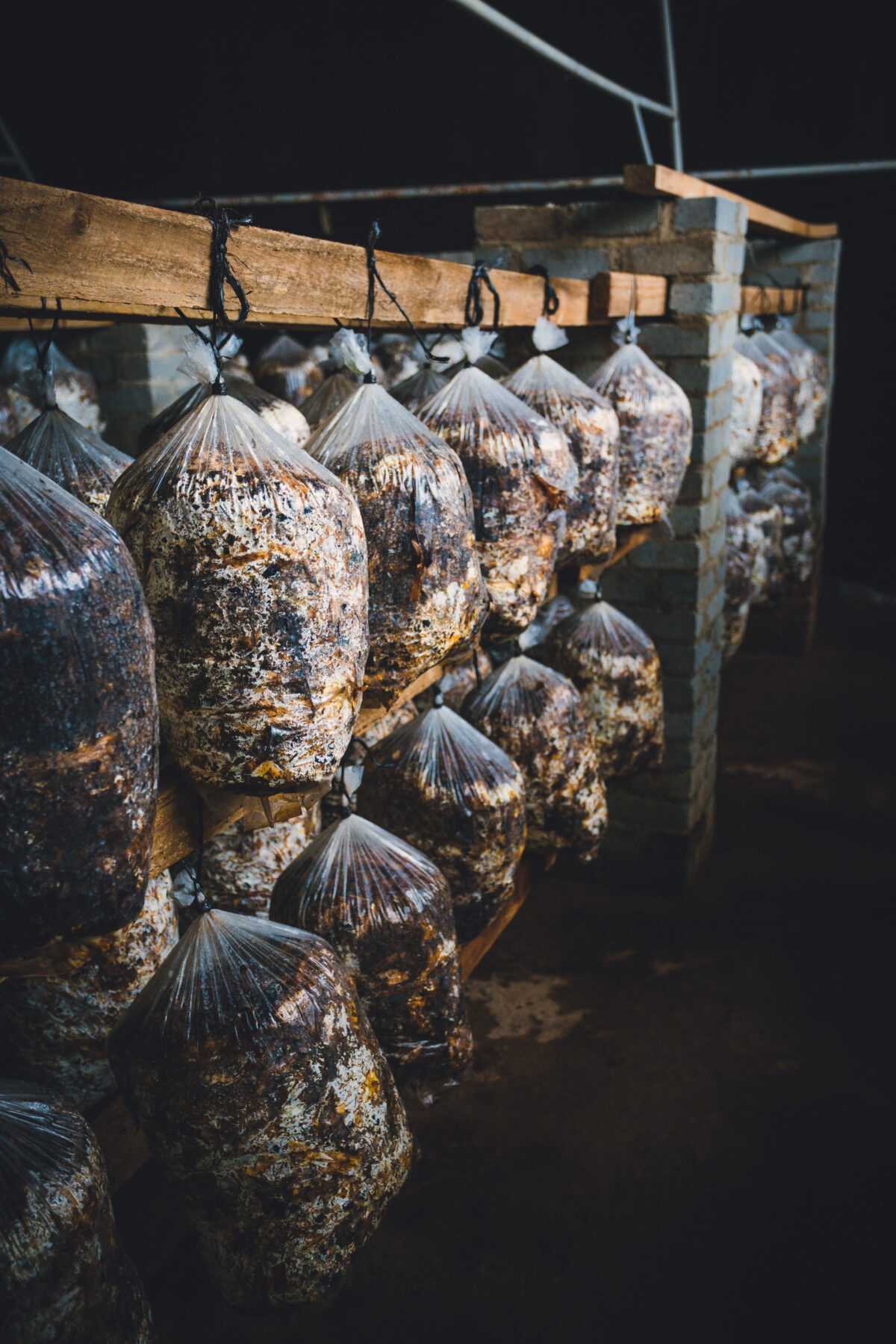

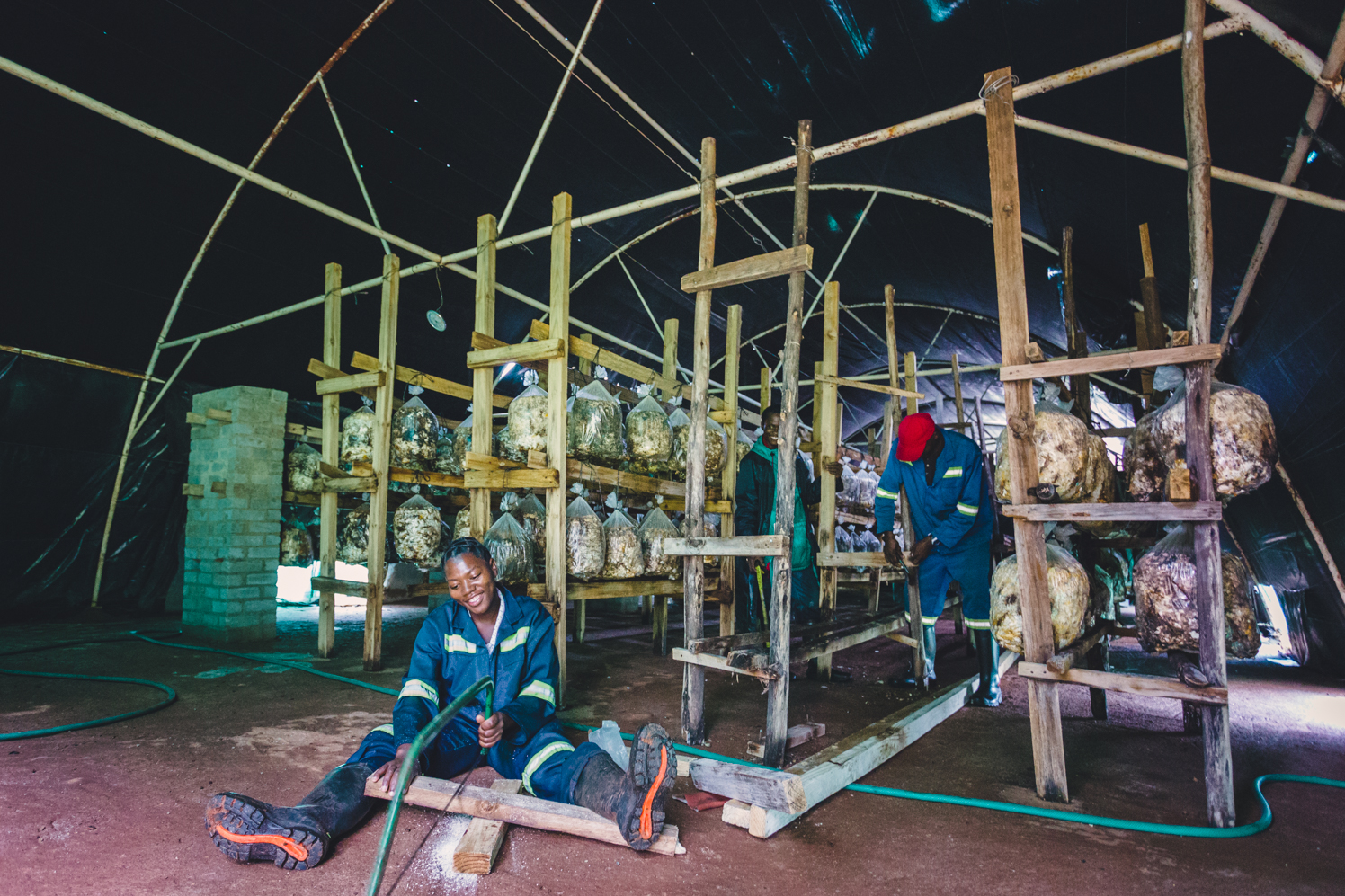


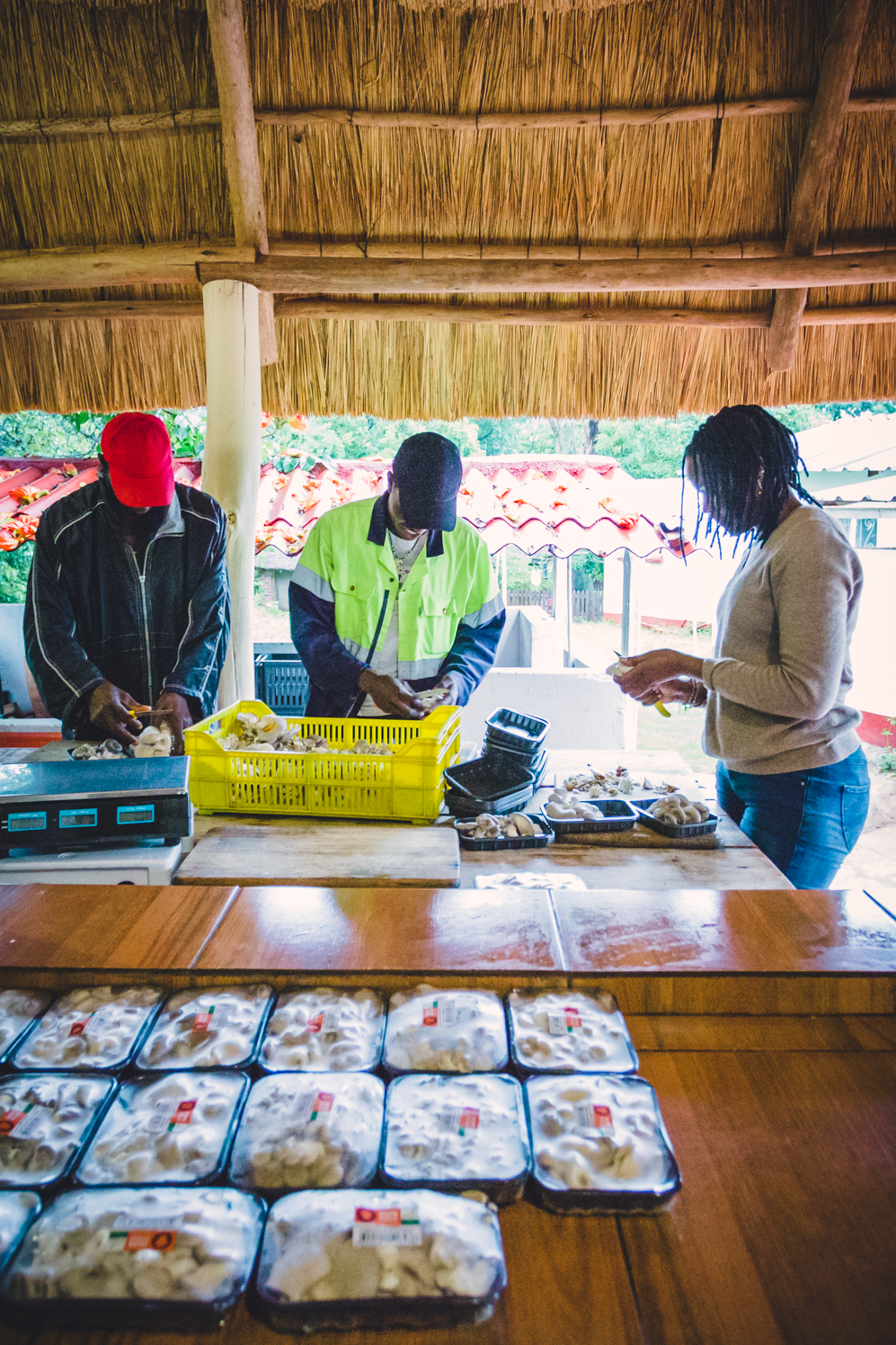


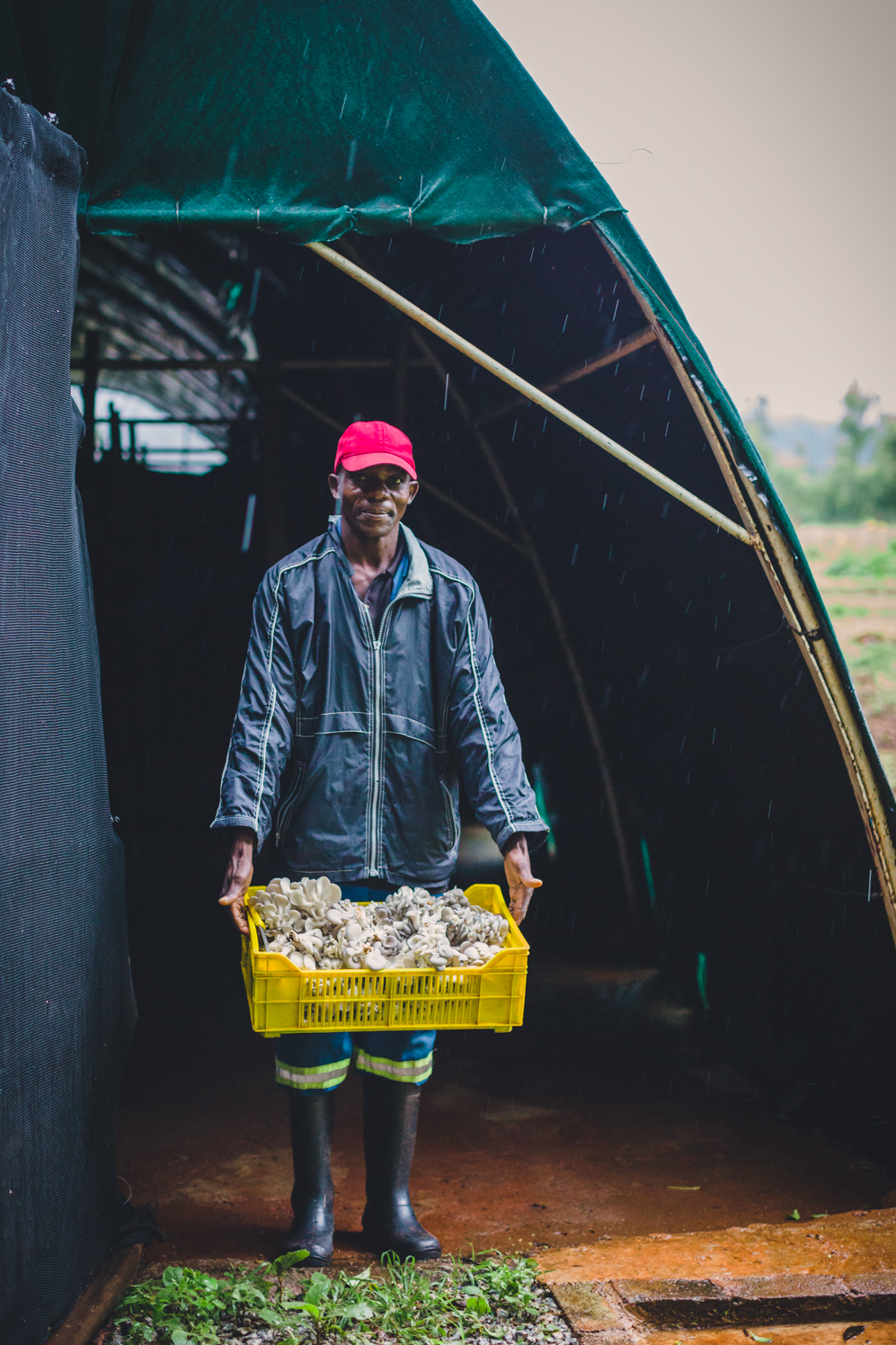
“I think there is a lot we can learn from nature, to make the quality of our food better.”
And when she’s not travelling the world learning or teaching (or delivering inspirational speeches—she’s a well sought out international speaker) she’s grounded at her base at Christon Bank in Zimbabwe’s Mashonaland Central Province. Since learning how to produce mushrooms at an early age, the charismatic young Zimbabwean has personally trained over 2,000 people from around the world—from Australia to Mongolia to Zimbabwe, from illiterate women in India to recent Berkeley graduates in San Francisco.
She loves her country and is passionate about the benefits that mushrooms can bring it. Mushrooms give people food, income and also enrich their compost with the live mycelium (threadlike collection of cells which support the mushroom) which nourishes the soil immensely. More diverse crops can be grown leading to more nutritional diversity. Producing mushrooms is less labour intensive than growing many other traditional crops—and the space and inputs required are minimal.
They are also brilliant for cleaning soil. Chido eagerly explains an experiment done by mushroom guru Paul Stamets: “He grew mushrooms on a piece of land contaminated with oil. He grew oyster mushrooms on straw and afterwards when they tested the soil and the mushroom—both were clean…” she exclaims, her eyes actually sparkling as she recounts the discovery. “So for me, when we look at how soil is depleted in a lot of the farming regions of the world because of the use of chemical fertilizers, we need to think how to rebuild it fast and in the most effective way, and mycelium presents that opportunity. It breaks down the organic material in the soil, it helps to retain water—improving aeration and filtration of water—and it also provides a fertilizer because as it is breaking down materials it is releasing nutrients that plants need to grow.”

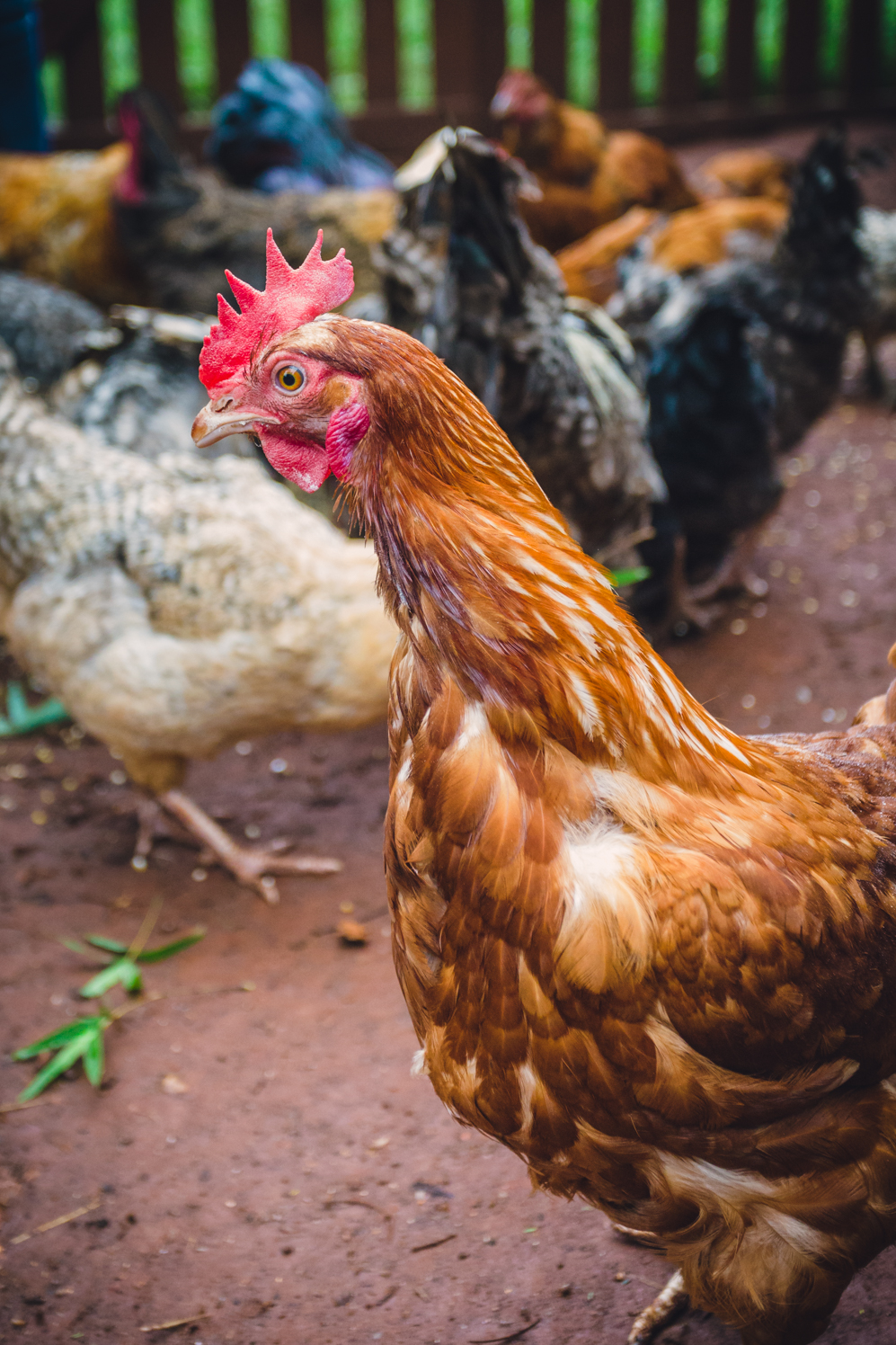
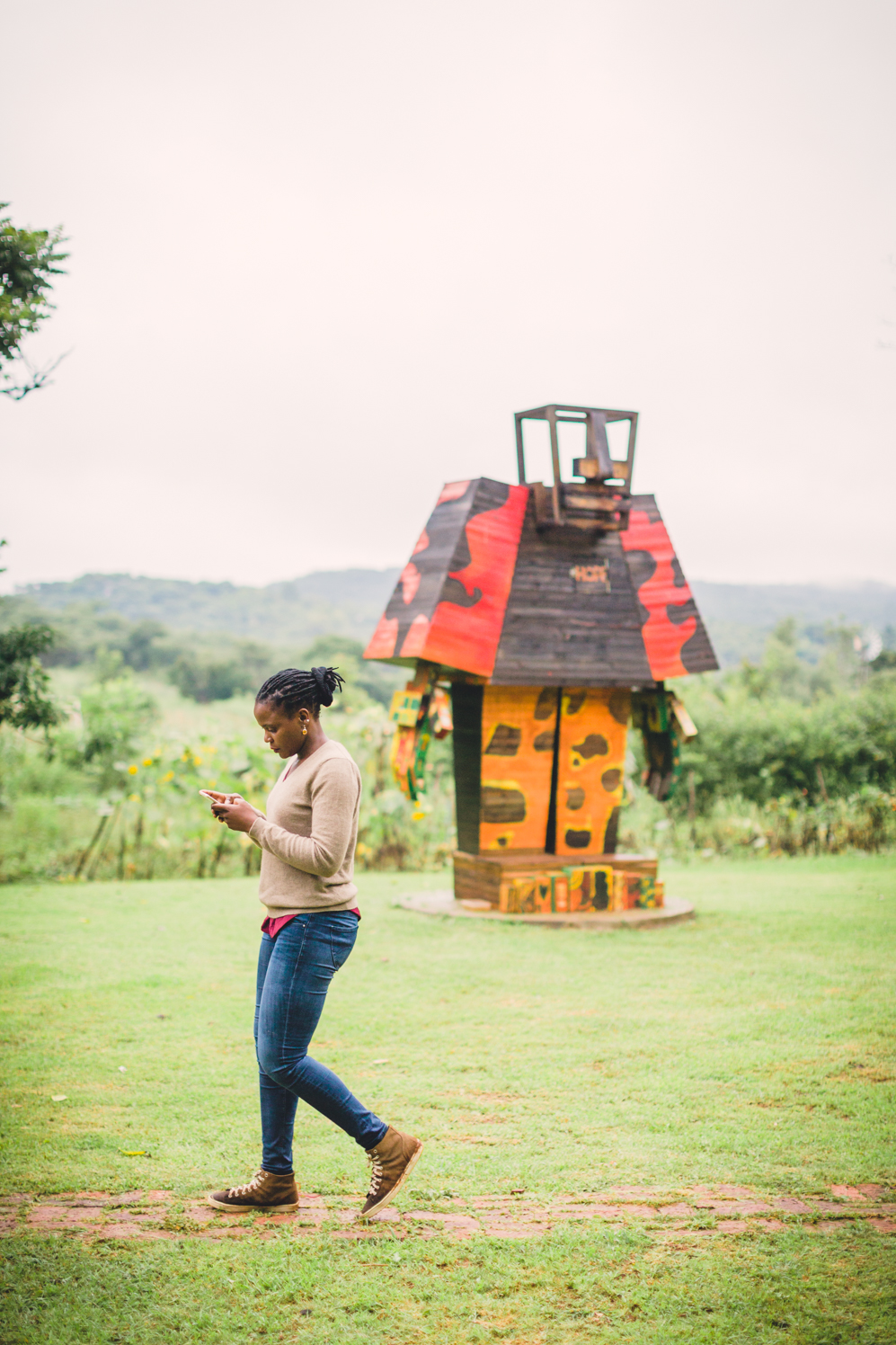



“Growing mushrooms in waste taught me that if I convert corn stalks into something valuable and profitable like mushrooms, I can convert my life from what it is today into something much better.”
A walk around the foundation’s 1.5 hectare farm is proof of the abundance and diversity mushrooms waste can support. Zimbabwean staples like pumpkins, watermelons, cucumbers, corn, three types of beans, and sunflowers brighten the gently sloping fields. Chido points out various indigenous Zimbabwean fruits and vegetables, which she carefully collects from the forests and then propagates. She is deeply concerned at how quickly these rich resources are disappearing as local people race to leave behind what they deem “poor man’s food.” Herbs of all scents and sizes attract swarms of bees and other useful garden pollinators and predators—and novelties (for Zimbabweans), like quinoa and chia, also make an appearance.
She grins and points to her vegetable beds. “There are patches here where, when you know this place well, and when you see how things are growing, the best growth is in places where we’ve been able to put lots of mushroom waste.” The waste has softened and loosened the soil, making the traditionally sticky and correspondingly bone-dry soil much easier to work. “Everything we grow here today is offering us different nutritional value in our diet. We have a model called the mushroom-and-poultry-based-integrated-food-production system which is really aimed at bringing diverse nutrition to the people.” Mushroom waste is fed to the chickens and used to fertilize the garden, waste from the chickens is put on the vegetable garden and the garden waste feeds the chickens which then provide the community with eggs and meat.
Homage to nature influences much of the day-to-day activities on the organic permaculture-based farm—and the bigger picture, too. The mushrooms are grown to reflect their natural cycle as much as possible. “I think there is a lot we can learn from nature, to make the quality of our food better. The best quality mushrooms you get are in nature. Those things which make the quality of the mushrooms good, are the things which we are continually working to provide,” she explains. “We know that the light in nature makes naturally growing mushrooms strong and have a longer shelf life, and so in our production we allow a lot of natural light in. It makes a big difference to the quality of our mushrooms.”
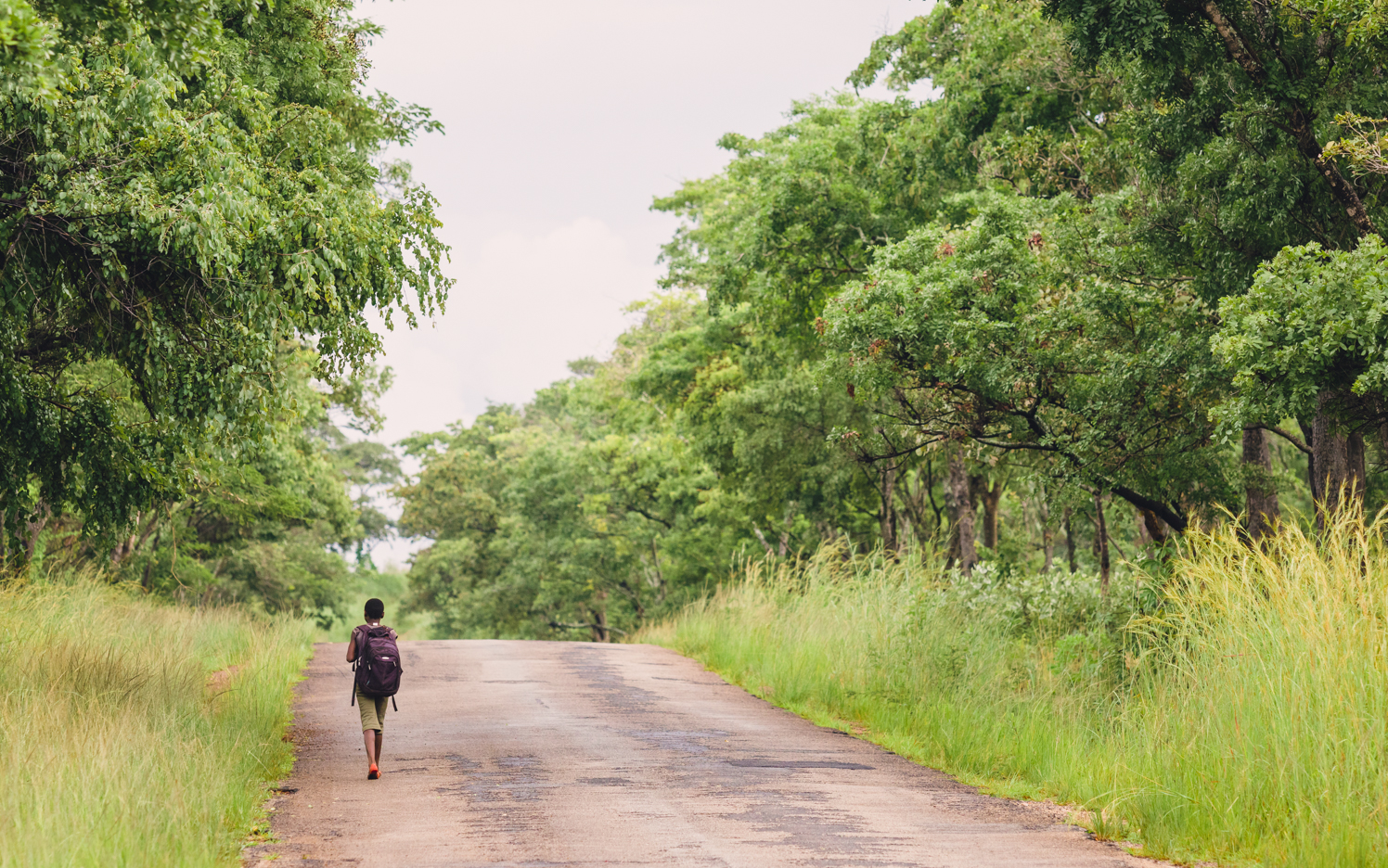
One of the major problems they are facing with the unstable Zimbabwean economy at the moment is access to pure cultures—the seed which produces the mushrooms. “It’s difficult to import the pure cultures from sources in South Africa and Australia because of the foreign currency shortages—we are buying the poorest quality seed.” Chido’s next dream is for the foundation to build its own laboratory. This would allow a steady and reliable source of high quality pure cultures, producing higher quality mushrooms and better sustaining the foundation and the communities it supports.
For Chido, the power of mushrooms to transform waste into something positive is an analogy for how she has chosen to live her life. “I grew up in a community where it was easy for me to think that I would amount to nothing, almost like waste. Growing mushrooms in waste taught me that if I convert corn stalks into something valuable and profitable like mushrooms, I can convert my life from what it is today into something much better. That has really helped me change my perspective of how far I can go, what I can achieve.” Her vision to facilitate change by probing, supporting and holding space for the activation of the change-maker in the people she works and interacts with guides her on all levels. “I’m just doing work that I believe in and want to do,” she says. “I know strongly that when we strengthen women and young girls we heal the communities.”
